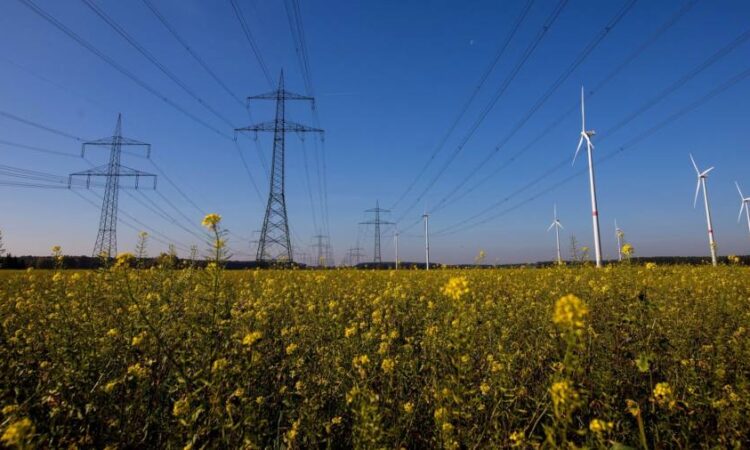
EU regulators have found evidence of widespread greenwashing across the financial system, as concerns grow that banks, asset managers and insurers are overstating their climate credentials.
There had been a “clear increase” in the risk of EU banks and other financial institutions misrepresenting their sustainability efforts, the European Banking Authority said on Thursday.
A particular problem was banks and investors promoting their support for initiatives such as clean energy while failing to say they also financed projects linked to fossil fuels, deforestation and human rights abuses, the EBA said.
One bank portrayed its investment in an airport as “environmentally sustainable”, according to the regulator. Another described its financing of a company building an oil sands pipeline in the face of opposition from indigenous people as “sustainability linked”. Customers had also been misled about the carbon footprint of individual portfolios.
The warning came as campaigners have been pursuing a lawsuit against BNP Paribas, the eurozone’s biggest bank, in a French court for lending to oil and gas projects while promoting its support for cleaner energy sources.
Benchmark providers, asset managers and investment advisers also face regulatory scrutiny. “Cherry-picking, omission, ambiguity, empty claims (including exaggeration), misleading use of ESG terminology such as naming and irrelevance, are seen as the most widespread misleading qualities,” the European Securities and Markets Authority said.
Separately, the Frankfurt-based European Insurance and Occupational Pensions Authority warned that greenwashing was having a “substantial impact” on consumers of insurance and pension products.
The bloc’s banking, securities and insurance watchdogs were responding to a request by the European Commission to identify areas where greenwashing is rife. Regulators are also due to report in a year’s time on how their supervisory powers could be extended to tackle these concerns.
The EU has been trying for years to bring transparency to the boom in funds, bonds and other financial products labelled “green”, and to rein in exaggerated marketing statements on company’s climate commitments.
Lawmakers in the bloc on Thursday backed rules that will tie executive pay to companies’ efforts to monitor for human rights and environmental abuses in their supply chains, although campaigners argued that its application to financial institutions remained vague.
In a tight vote in the European parliament, MEPs voted in favour of a “significant portion” of directors’ pay being linked to corporate environmental and social due diligence and making climate transition plans mandatory for companies.
Elise Attal, head of EU policy at the UN Principles for Responsible Investment, said the vote was “an important step forward . . . in the EU’s sustainable finance policy architecture”, but added that the extent to which the financial sector would be affected still needed clarification.
The directive, which was first proposed by the commission last year, is designed to force companies to account for and remedy environmental and human rights issues in their supply chains in order to avoid disasters such as the collapse of the Rana Plaza factory in Bangladesh in 2013, which resulted in the deaths of more than 1,100 workers.
But it has been contested throughout the legislative process, with industry and politicians arguing that it places an unnecessary burden on companies.
An effort by the commission to cut reporting requirements for companies by a quarter has already resulted in the watering down of sustainability reporting rules at the draft stage, the Financial Times revealed last week.
The due diligence rules must now be negotiated with the EU’s 27 member states before becoming law and could face further challenges amid a wider pushback against the bloc’s environmental agenda, mostly from conservative lawmakers.
Terry Reintke, joint leader of the parliament’s Green group, said she feared the increasingly heated politics around the EU’s climate law would only become more difficult as the bloc approached elections next year.
“As long as climate was something that was theoretical and abstract . . . everyone was in favour,” Reintke said. “But now we get to implementation . . . things get messy.”





